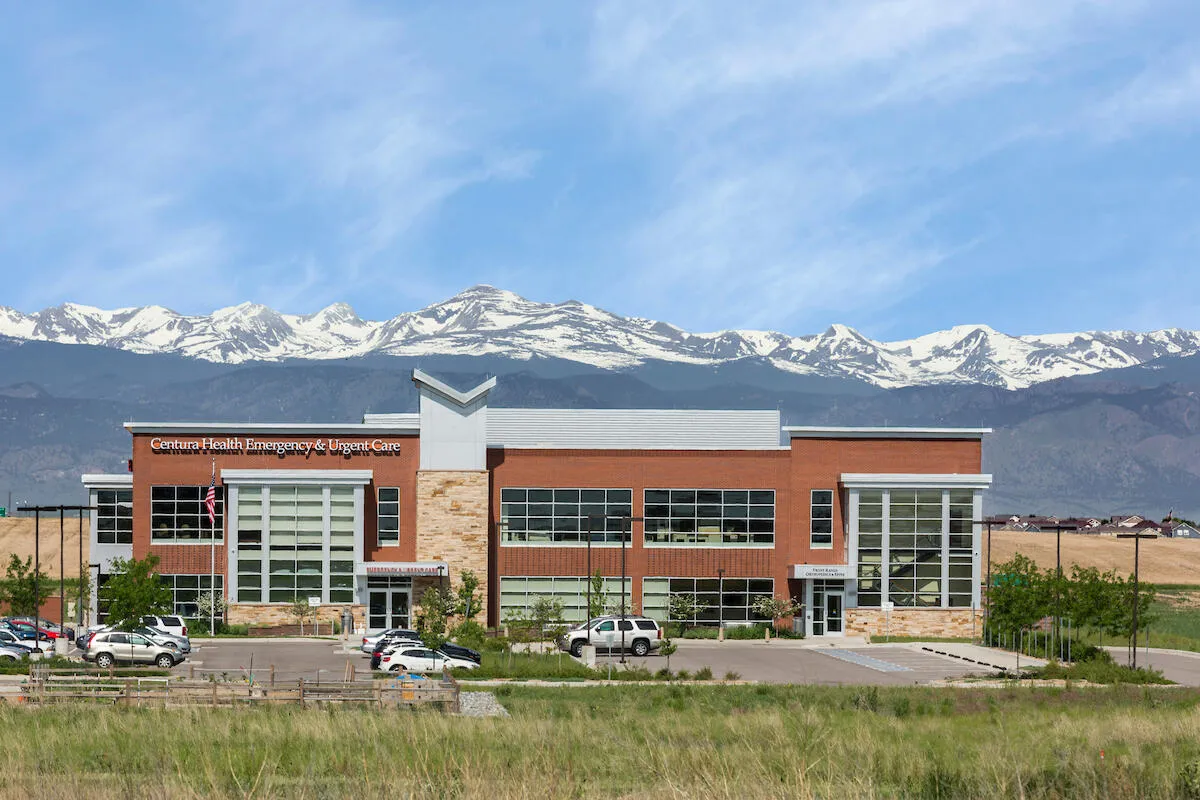CEO Roundtable: Coronavirus response shifts landscape for elective procedures, insurance
This story has been altered to correct comments from Mike Bergerson and Jim LaBorde.
FORT COLLINS — Executives leading local health-care providers say the ongoing response to contain the novel coronavirus in Colorado has deeply altered the way they go about treating patients for non-emergency procedures and caring for the most vulnerable populations.
The group of 12 executives gathered for a video chat discussion on the state of health care Tuesday morning for BizWest’s bi-monthly CEO Roundtable.
Capacity for COVID patients
Kevin Unger, CEO of UCHealth’s Medical Center of the Rockies in Loveland, said there were about 58 COVID-positive patients at his hospital as of Tuesday afternoon, a decline of about 70 from two weeks ago.
SPONSORED CONTENT
While staffing is currently not an issue, he said personal protective equipment still has to be rationed to employees. There are also worries about how the supply chain will be able to handle the continuing demand for PPE, along with reagents used in COVID-19 tests and the various clinical-stage pharmaceutical treatments that almost every other country in the world is also demanding.
He said Greeley remains a hotspot for COVID patients, and Weld County residents are being transferred to UCHealth’s nearby hospitals if the system’s Greeley hospital is at capacity.
Continuing risk for the elderly
Seniors older than 65 have long been considered most at-risk from the coronavirus, particularly because they may have existing medical conditions exacerbated by an attack on their respiratory systems. State health data shows just under a third of positive cases in the state are age 60 or older, yet those patients make up just more than 91% of the total deaths in the state.
Lisa Melby, executive director of Good Samaritan Society’s Loveland Village retirement home, said the facility has axed communal dining and other social activities for residents to prevent spread. While a good policy to protect physical health, Melby said residents are showing increasing signs of depression, and that will be difficult to manage because she expects social distancing for seniors to be the last restriction lifted.
Columbine Health Systems CEO Bob Wilson said the average age of residents in his company’s facilities is 92 and is likely to have a comorbidity, so restricting visitors and monitoring employees who may be asymptomatic carriers remain priorities.
Pathways Hospice CEO Nate Lamkin said just 10 of the group’s 300 patients were diagnosed with COVID-19. He also said two construction projects the hospice is undertaking are still on track despite the deeply uncertain economic future.
Elective procedures slowly restart
Under the “safer at home” restrictions in place under state health rules, Coloradans can begin to return to doctors for procedures and care that weren’t directly life-threatening or COVID-related.
Becky Thompson, chief financial officer of Advanced Medical Imaging Consultants in Fort Collins, said volumes of new imaging fell 55% during the initial stay-at-home phase but are now starting to pick back up.
Jim Laborde of the Centers for Gastroenterology in Fort Collins, Loveland and Greeley said schedules for procedures are starting to fill up, but are facing some delay in getting patient medical histories.
Mike Bergerson, CEO of Orthopaedic & Spine Center of the Rockies, said the ongoing social distancing measures and continuing risk of contracting COVID are still making patients leery about going in for a procedure that would require them to stay in a skilled nursing facility for recovery.
Telemedicine visits are also ramping up for non-critical procedures. Unger said his staff was averaging a little more than 110 virtual doctor appointments per week pre-COVID, but that figure has risen to almost 4,400 per day.
Scott Kenyon, executive administrator for the Women’s Clinic of Northern Colorado, said the clinic wasn’t doing telemedicine calls at all before the pandemic hit but is now ramping up to doing between 50 and 100 visits per day.
Dan Karpel, CEO of the Eye Center of Northern Colorado, said his firm was able to keep operating for emergencies only but now demand for routine care is starting to return. However, there are still questions about what exactly qualifies as an elective procedure, such as doing a cataract surgery.
Shifts in insurance markets
Carol Plock, the executive director of the Health District of Northern Larimer County, is seeing more questions to the non-profit about getting health insurance from recently furloughed or laid-off residents. Those layoffs, combined with state Medicaid funding cuts on the table due to a $300 million budget shortfall at the state level, will further strain public insurance resources, she said.
Janet Pagar, a regional vice president at private insurer Anthem Inc., said it’s too early for the company to say how large the shifts in the markets will be, but early signals from the employer-based group markets are showing the effects of mass layoffs and furloughs. Anthem is also preparing for more demand for Medicaid and individual plans in coming months.
Kendra Johnson, director of employee benefits for insurance broker Flood and Peterson, said some client companies in the area have been able to keep paying premiums for furloughed staff. She’s also seen increased demand for employee assistance program claims as more people seek help for the mental health troubles caused by social isolation in the midst of a global emergency.
A second wave of cases?
In previous weeks, Centers for Disease Control and Prevention director Robert Redfield has said a second wave of coronavirus cases in the fall is likely and could deal a deeper strain on health providers than the wave of the past two months as it would hit alongside the annual flu season.
Many of the executives in the group said they are better prepared to handle a new influx of patients or a drop in elective business, and they expect another wave of positive cases due to natural spread and increased testing. Wilson said he isn’t as confident that a second wave will occur due to various inaccuracies in modeling the current outbreak.
—
The CEO Roundtable is sponsored by Flood & Peterson, Plante Moran and Elevations Credit Union.
This story has been altered to correct comments from Mike Bergerson and Jim LaBorde.
FORT COLLINS — Executives leading local health-care providers say the ongoing response to contain the novel coronavirus in Colorado has deeply altered the way they go about treating patients for non-emergency procedures and caring for the most vulnerable populations.
The group of 12 executives gathered for a video chat discussion on the state of health care Tuesday morning for BizWest’s bi-monthly CEO Roundtable.
Capacity for COVID patients
Kevin Unger, CEO of UCHealth’s Medical Center of the Rockies in Loveland, said there were about 58…




